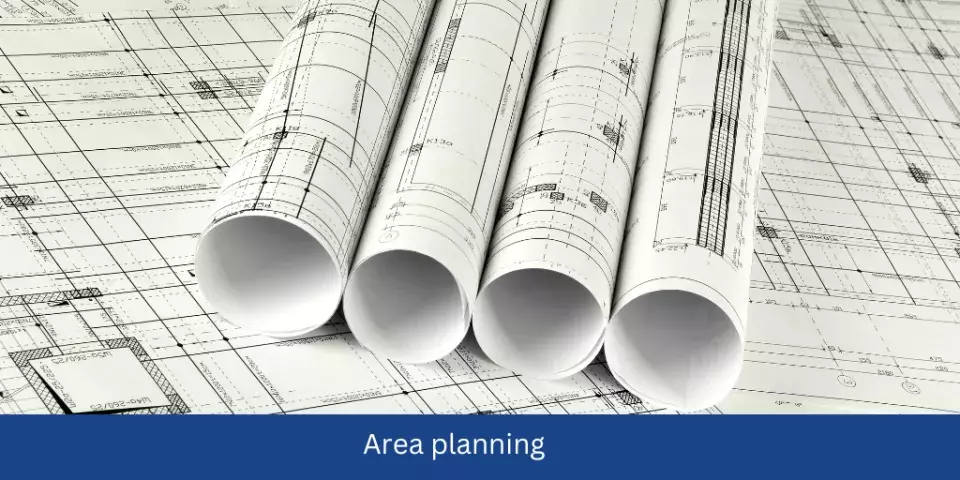The Special Schools Area Planning Framework (October 2021) sets out how the Education Authority proposes to deliver special school provision in Northern Ireland for children and young people with special educational needs. It aims to deliver flexible and agile specialist provision to ensure children and young people with a statement of special educational needs, which recommends placement in a special school, will have access to the most suitable placement which: -
- is available at their nearest suitable special school;
- provides pupils with equitable access to excellent provision and meets the individual needs of the child or young person;
- is either in a single 3-19 school or through collaborative 3-19 provision;
- is responsive to changing educational, physical and medical needs.
The Special Schools Area Planning Framework can be accessed here.
The Framework for Specialist Provision in Mainstream Schools (October 2021) seeks to deliver flexible and agile specialist provision to ensure that children and young people with a statement of special educational needs, which recommends placement in a small group setting, will have access to the most appropriate SEN placement which: -
- is available at their nearest suitable mainstream school with specialist provision;
- provides pupils with equitable access to excellent provision which meets the individual needs of the child or young person;
- provides a pathway of provision for all ages and stages of development;
- is responsive to changing educational, physical and medical needs;
- is inclusive, providing opportunities for education alongside mainstream peers.
The Framework for Specialist Provision in Mainstream Schools can be accessed here.
The framework documents are high level, strategic, documents, which have informed the creation of the five year Special Education Strategic Plan for provision in special schools and specialist provision in mainstream schools.





